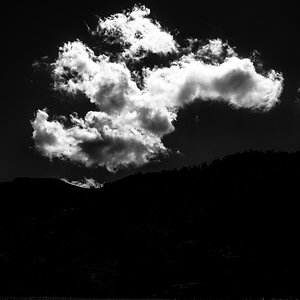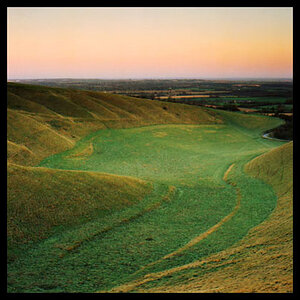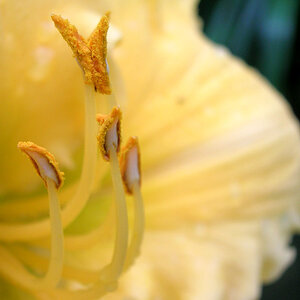- Joined
- Sep 2, 2005
- Messages
- 14,455
- Reaction score
- 3,328
- Can others edit my Photos
- Photos OK to edit
Someone posted a question ... what makes a better photographer? However, it was more about equipment. I was actually thinking, "Gee, you know, that's a hell of a good question."
So I therefore hereby start this thread...
The rules:
1. Post a SINGLE tip per post.
2. Each tip may be technical or non-technical... your choice.
3. Post as many tips as you like.
4. Tip must explain both the tip, and why it is important.
5. Include a subject line for your tip.
Ready? Go.
So I therefore hereby start this thread...
The rules:
1. Post a SINGLE tip per post.
2. Each tip may be technical or non-technical... your choice.
3. Post as many tips as you like.
4. Tip must explain both the tip, and why it is important.
5. Include a subject line for your tip.
Ready? Go.




![[No title]](/data/xfmg/thumbnail/31/31747-2e2e2bda16938a6a1d5fd6120c558293.jpg?1619734987)
![[No title]](/data/xfmg/thumbnail/34/34142-948c6bafdf60862125009004d5a06e46.jpg?1619736315)
![[No title]](/data/xfmg/thumbnail/33/33489-cc76e5d22658c0f79ccb4ae9d307610d.jpg?1619736003)


